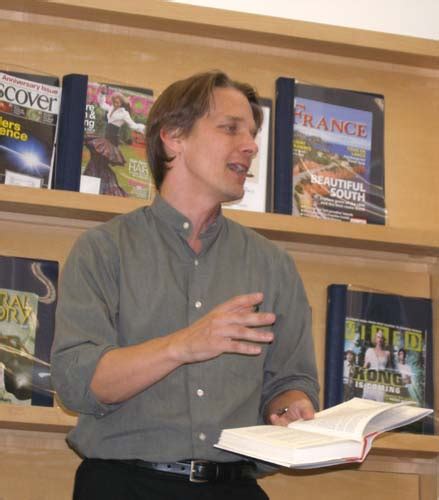A Quote by Andrzej Szczypiorski
And I know one thing more - that the Europe of the future cannot exist without commemorating all those, regardless of their nationality, who were killed at that time with complete contempt and hate, who were tortured to death, starved, gassed, incinerated, and hanged.
Related Quotes
If in the past, you didn't cry out when thousands of protesters were killed and injured by Turkey, Egypt and Libya, when more victims than ever were hanged by Iran, women and children in Afghanistan were bombed, whole communities were massacred in South Sudan, 1800 Palestinians were starved and murdered by Assad in Syria, hundreds in Pakistan were killed by jihadist terror attacks, 10,000 Iraqis were killed by terrorists, villagers were slaughtered in Nigeria, but you only cry out for Gaza, then you are not Pro Human Rights, you are only Anti-Israel.
And while Protestant reformers broke with Rome on a variety of counts, their treatment of their fellow human beings was no less disgraceful. Public executions were more popular than ever: heretics were still reduced to ash, scholars were tortured and killed for impertinent displays of reason, and fornicators were murdered without a qualm.
To us, it is incomprehensible that millions of Christian men killed and tortured each other because Napoleon was ambitious or Alexander was firm, or because England's policy was astute or the Duke of Oldenburg was wronged. We cannot grasp what connection such circumstances have the with the actual fact of slaughter and violence: why because the Duke was wronged, thousands of men from the other side of Europe killed and ruined the people of Smolensk and Moscow and were killed by them.
More girls were killed in the last 50 years, precisely because they were girls, than men killed in all the wars in the 20th century. More girls are killed in this routine gendercide in any one decade than people were slaughtered in all the genocides of the 20th century. The equivalent of 5 jumbo jets worth of women die in labor each day... life time risk of maternal death is 1,000x higher in a poor country than in the west. That should be an international scandal.
[During the 20th century] ... 170 million men, women, and children have been shot, beaten, tortured, knifed, burned, starved, frozen, crushed, or worked to death; buried alive, drowned, hung, bombed, or killed in any other of the myriad ways governments have inflicted death on unarmed, helpless citizens and foreigners.
We ran up to them and they gave us hugs, cookies and chocolate. Being so alone, a hug meant more than anybody could imagine because that replaced the human warmth that we were starving for. We were not only starved for food, but we were starved for human kindness. And the Soviet Army did provide some of that.
The sounds of many were unintelligible and undoubtedly many more called for their parents from whom they were parted by death or by accident. They grasped their tortured limbs, their tiny burning legs until they were no longer able to stand or run. And then they would crash to the ground where they would writhe in the bubbling tar until death released them from their physical misery.
... as recently as the mid-1970s, the most well-respected criminologists were predicting that the prison system would soon fade away. Prison did not deter crime significantly, many experts concluded. Those who had meaningful economic and social opportunities were unlikely to commit crimes regardless of the penalty, while those who went to prison were far more likely to commit crimes again in the future.
How can you claim infallibility and claim that in these 114 [drone] strikes there was just one mistake -- one person killed that was a civilian -- and at the same time say, 'Well, we don't really know how many people were killed or who they were, but we know they weren't civilians'? I don't know how you can do that.
For me, Stalinism was even a greater philosophical problem than Nazism. Under Nazism, if you were a Jew, you were simply killed, no questions asked, you had nothing to prove. Under Stalinism, of course, most [victims] were on trial for false accusations; most of them were not traitors. There is one interesting feature: that they were tortured or through some kind of blackmail forced to confess to being traitors.







































